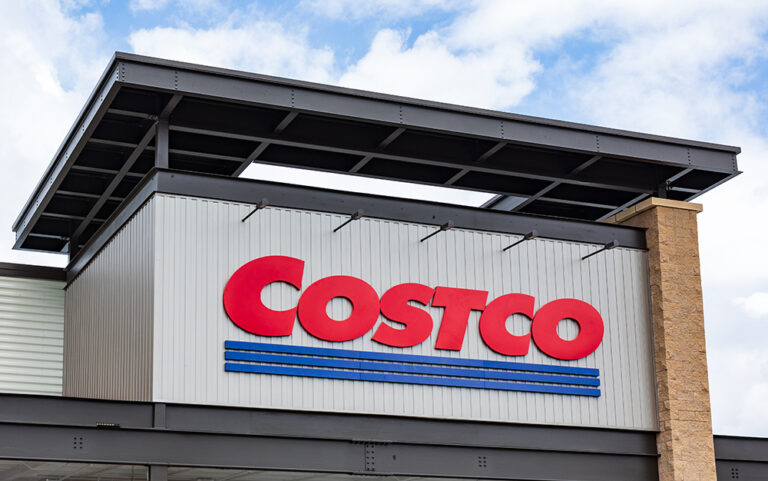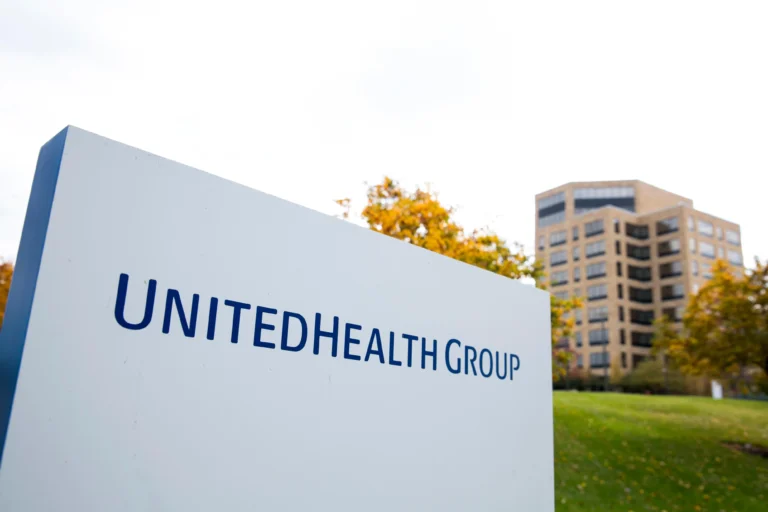Berkshire Hathaway has amassed a staggering cash reserve, surpassing $300 billion during the third quarter as Warren Buffett continued his trend of selling stocks and refrained from repurchasing shares. According to the earnings report released on Saturday, the Omaha-based conglomerate’s cash hoard reached an all-time high of $325.2 billion by the end of September, a notable increase from $276.9 billion at the end of the previous quarter.

The growth of this cash reserve can be largely attributed to Buffett’s significant divestments from some of his major equity holdings, particularly Apple and Bank of America. During the third quarter, Berkshire reduced its substantial stake in Apple by approximately 25%, marking the fourth consecutive quarter of trimming this investment. Additionally, since mid-July, the company has gained over $10 billion from selling portions of its longstanding investment in Bank of America.
Overall, Buffett’s selling strategy resulted in Berkshire Hathaway shedding an impressive $36.1 billion worth of stock throughout the third quarter. Notably, the company did not repurchase any of its shares during this period, a departure from previous buyback activity that had already slowed earlier in the year. This slowdown in buybacks coincided with a rise in Berkshire’s stock price, which has outperformed the broader market, reaching record highs.
In the second quarter, Berkshire Hathaway bought back a mere $345 million of its own stock, significantly lower than the $2 billion repurchased in each of the two prior quarters. The company maintains a policy of repurchasing shares only when Buffett believes the stock price falls below Berkshire’s intrinsic value, which he conservatively determines based on market conditions.
Despite this cash accumulation and stock selling, Berkshire Hathaway’s Class A shares have surged 25% in value this year, outpacing the S&P 500’s year-to-date gain of 20.1%. The company also achieved a significant market capitalization milestone, crossing the $1 trillion mark during the third quarter when its shares hit an all-time high.
However, the conglomerate’s operating earnings for the third quarter totaled $10.1 billion, representing a decrease of approximately 6% from the same period last year. This decline was largely attributed to weaker performance in insurance underwriting, and the earnings figure fell slightly short of analysts’ expectations, according to the FactSet consensus.
Buffett’s cautious approach comes in light of the stock market’s significant gains this year, driven by optimism about a potential “soft landing” for the economy, as inflation continues to moderate and the Federal Reserve signals further interest rate cuts. Nevertheless, interest rates have recently demonstrated volatility, with the yield on the 10-year Treasury bond climbing back above 4% in the past month.
Concerns over the escalating fiscal deficit have prompted notable investors like Paul Tudor Jones to express worries about the lack of actionable plans from the presidential candidates in the upcoming election to address the growing budget shortfall. Throughout the year, Buffett has hinted that his decisions to sell certain stock holdings may have been influenced by the expectation that capital gains tax rates will likely increase in the future as a means to help mitigate the ballooning deficit.
Berkshire Hathaway’s strategy under Buffett reflects a prudent approach to navigating the current economic landscape, balancing the need to maintain a robust cash position while selectively adjusting its investment portfolio in response to evolving market conditions. As the conglomerate prepares for the future, its substantial cash reserves may provide the flexibility needed to capitalize on new opportunities or weather potential market fluctuations and uncertainties. This adaptive strategy is consistent with Buffett’s long-standing philosophy of value investing, emphasizing the importance of strategic foresight and financial prudence in maintaining Berkshire’s competitive edge in the marketplace.






